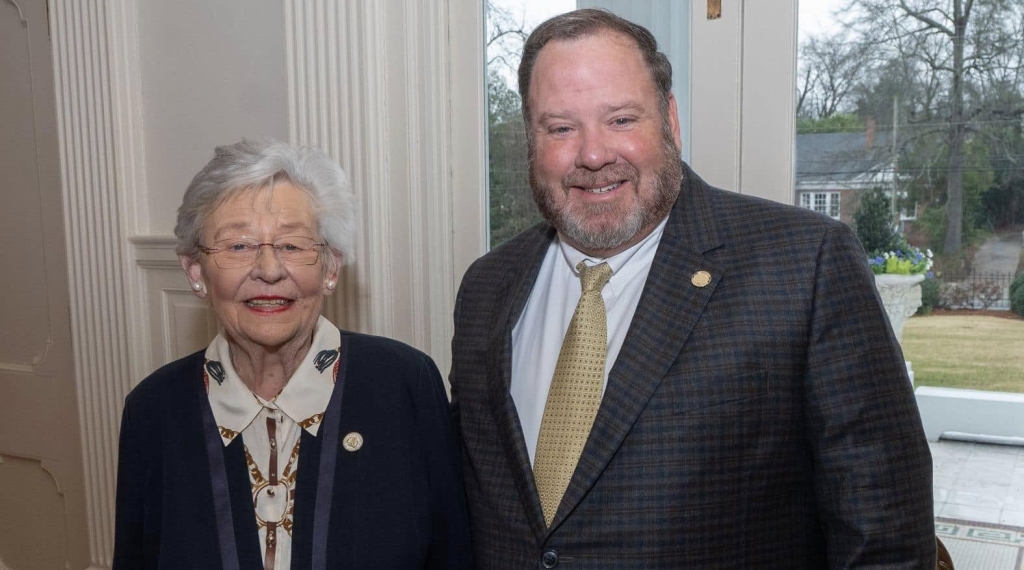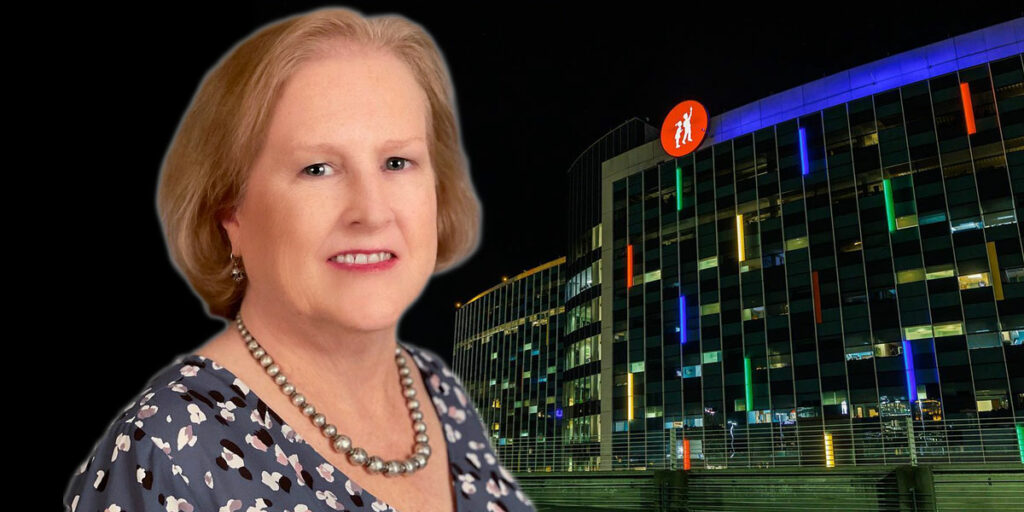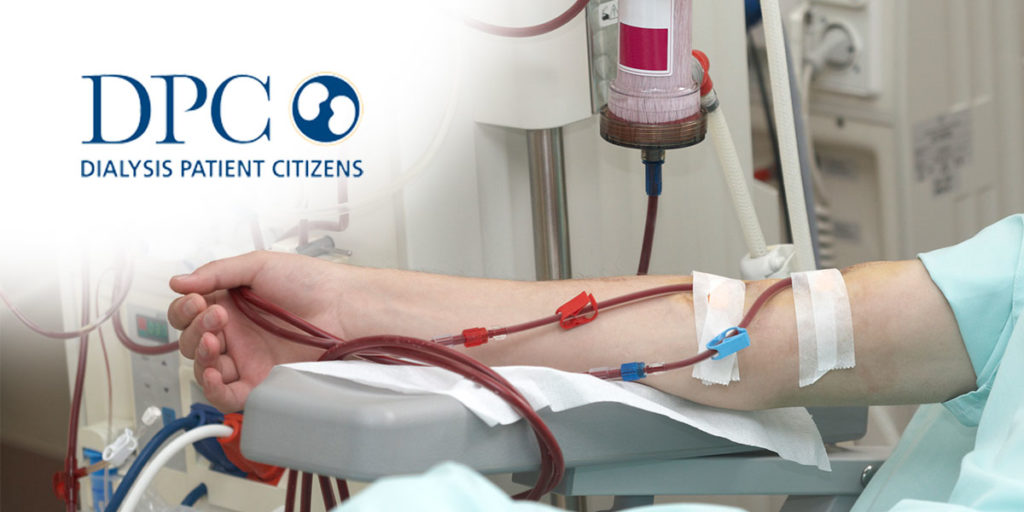No one is immune to the impact of mental health or substance use, especially in Alabama. In 2021, Alabamians identified mental health and substance use as the second greatest health concern in the state (Alabama Public Health). With an estimated 214,000 adults in Alabama suffering from a serious mental illness, our state has recognized the need for additional resources to address this crisis (NAMI Alabama).
As leaders in crisis care, we’ve seen firsthand how increased funding and resources support healthier communities. Together, we want to shed light on our state’s commitment to improving access to quality mental health and substance use treatment.
Historically, there have been few options for individuals in a mental health or substance use crisis. At times, boarding in hospital emergency departments or being booked in jails become the only options, and neither can provide the acute services needed. To tackle this issue, Governor Ivey and the state legislature recently appropriated funds to the Alabama Department of Mental Health to establish the Alabama Crisis System of Care, which brings together community, medical, prevention and intervention services.
Over the past two sessions, the Alabama Legislature allocated funds to establish four new Crisis Centers across the state: AltaPointe Behavioral Health Crisis Center in Mobile, Montgomery Area Mental Health Authority Crisis Center in Montgomery, WellStone Emergency Services Crisis Center in Huntsville and JBS Mental Health Authority Crisis Center in Birmingham. This year mental health care is once again prioritized, and two additional Crisis Centers are recommended for funding in Tuscaloosa and Houston counties.
Crisis Centers provide a stronger continuum of care in the mental health community, establishing an essential link between those who need care and the organizations who provide that care. As a dedicated place for communities, law enforcement, first responders and families to take individuals experiencing a mental health or substance use crisis, each facility provides rapid stabilization and helps connect individuals with the in-patient or out-patient care they need, all in an appropriate setting. Crisis Centers offer immediate care and continuing support for Alabamians, regardless of their ability to pay.
In addition to providing proper care, Crisis Centers alleviate unnecessary burdens placed on critical community resources. Crisis Centers will assist in reducing the number of arrests and hospitalizations due to mental health or substance use crises by decreasing the number of individuals held at local jails and admitted to hospitals.
These centers will save significant time for law enforcement and emergency responders by allowing them to spend more time protecting the community, ultimately maximizing the use of these valuable resources.
We ask that each community across the state support Alabama’s crisis system of care and learn more about how these resources lead to healthier, safer communities by providing access to the “right care, right time, right place.”
Anthony Reynolds is Crisis Care Project Director of the Alabama Department of Mental Health. Jim Crego is Executive Director of JBS Mental Health Authority. Tuerk Schlesinger is Chief Executive Officer of AltaPointe Health. Donna Leslie, LPC-S is Executive Director of Montgomery Area Mental Health Authority. Jeremy Blair is Executive Director of WellStone.













